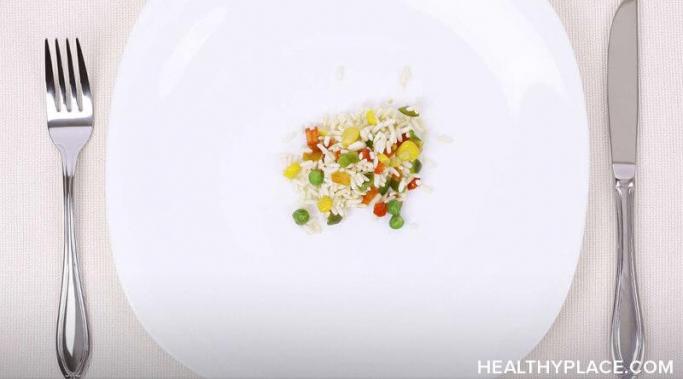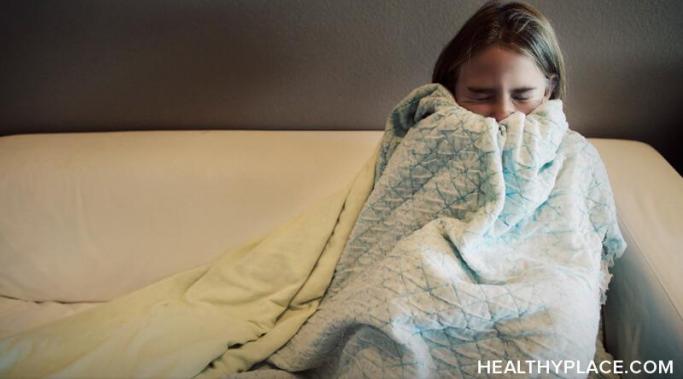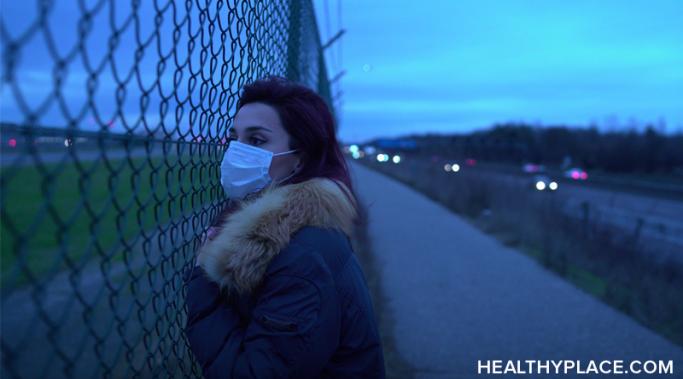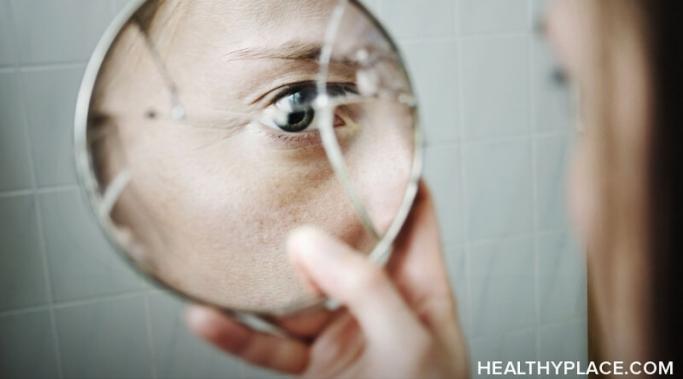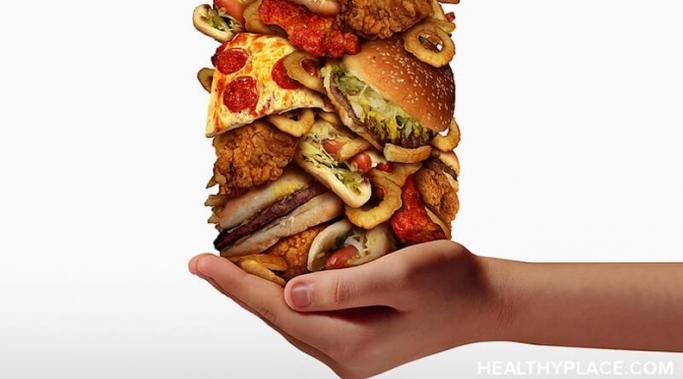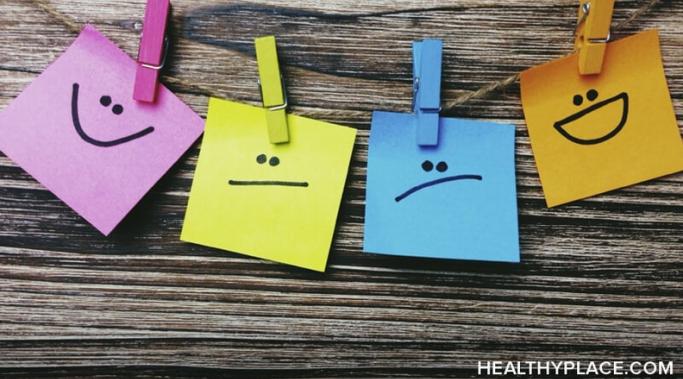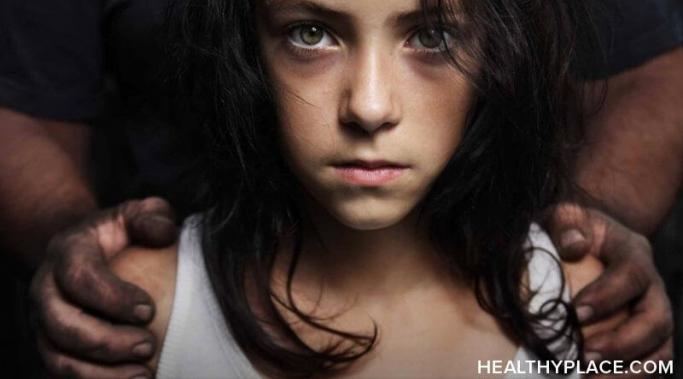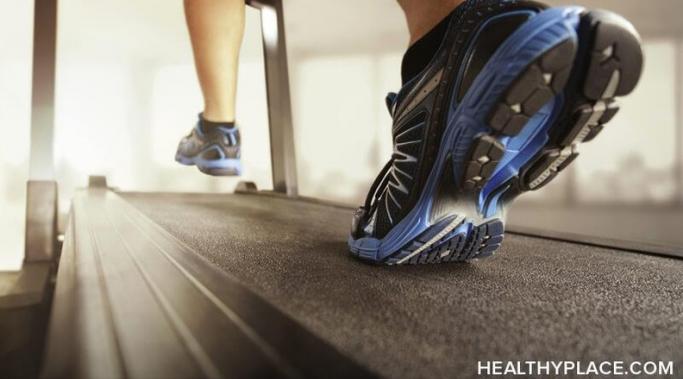If you have been following the news lately, then chances are, you know about the global supply chain issues projected to loom over this holiday season. And while the United States Department of Agriculture (USDA) confirms there is no current food shortage in the United States, grocery stores and supermarkets across the nation could experience low inventory of certain items on their shelves. So, what does this mean if you have a complicated or difficult relationship with food to begin with? Be conscious of the possibility that food shortage anxieties can fuel eating disorder behaviors.
Depression and Eating Disorders
I have used many coping mechanisms to help with eating disorder recovery, but one that I find particularly essential is a self-care toolkit for the holidays. I co-opted this idea back in high school from a teacher I was close to, and 10 years later, I still consider it beneficial. No matter where you are in eating disorder recovery, this season is often a mental and emotional battleground, so the importance of reliable coping mechanisms cannot be over-emphasized. Therefore, I want to discuss why I think a self-care toolkit is essential for the holidays—and how to create one yourself.
The year 2020 has been stressful and overwhelming across the entire globe. Between the COVID-19 pandemic, the racial injustices, the political tensions, and the economic downturn, my level of anxiety builds each time I read the news or log into social media. This information overload can exhaust my mental health, but as I continuously must remind myself: stress does not justify an eating disorder relapse.
While these past several months of social distancing have been necessary to help contain the global pandemic, this continued isolation can adversely impact mental health. That is true for conditions across the mental illness spectrum, but I am particularly concerned about eating disorders and suicidal thoughts in the climate of COVID-19. (Note: This post contains a trigger warning.)
The suicidal thoughts that plagued my mind in the throes of my eating disorder recovery were expected. I hated my body. I hated myself. I hated my life and the society in which I lived that kept telling me I was not enough. One thing I did not expect was to still feel suicidal thoughts during my eating disorder recovery. (Note: This post contains a trigger warning.)
Binge eating at night is a problem for just about everyone who has the luxury of steady access to food, whether they are in eating disorder recovery or not. However, for those of us in recovery, these nighttime binges can be detrimental to our progress.
Before offering my advice, most loved of those in eating disorder recovery want to know how they can help, but understandably, people aren't always sure where to go for it. In this video, I talk about the one thing that well-meaning, but misguided, loved ones would do that has undercut my confidence in recovery.
A change of perspective can do wonders to change your mindset, and this is why, when my destructive thoughts get to be too much, I go to nature to support my eating disorder recovery.
While it has been proven that anyone—no matter their life circumstances—can suffer from an eating disorder, some people who experience acute trauma could be more vulnerable to this illness than others. So, I think it's important to raise awareness for the prevalence of eating disorders in human trafficking victims.
Exercise can be a great tool to help you through eating disorder recovery, but my experience has shown me the thin, blurry line between healthy exercise and over-exercise in eating disorder recovery. In recent weeks, the COVID-19 pandemic and my mental health fall-out has revealed just how much of my self-worth has been wrapped up in my workouts. It was a sobering realization and one I vowed to change.
